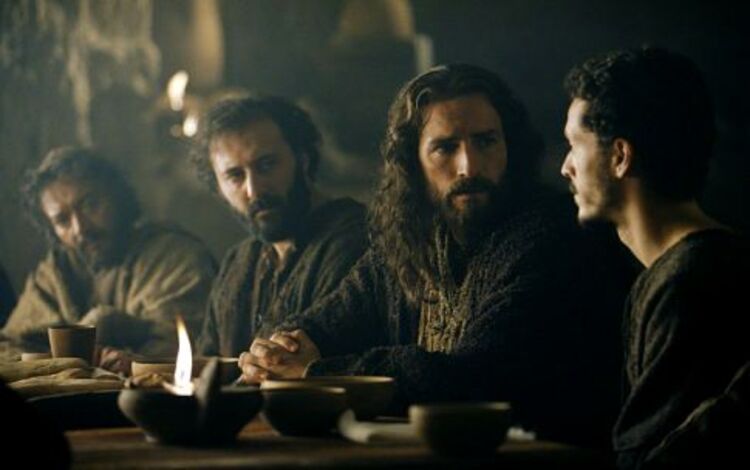Holy Thursday, also known as Maundy Thursday, marks a significant day in the Christian calendar, particularly in the Catholic tradition, as it commemorates the Last Supper of Jesus Christ with his disciples before his crucifixion. This solemn occasion falls on the Thursday before Easter Sunday, forming a crucial part of the Holy Week, a period of intense reflection and spiritual significance for Christians worldwide.

At the heart of Holy Thursday lies the poignant narrative of the Last Supper, a profound moment when Jesus shared a meal with his closest followers. During this supper, Jesus instituted the sacrament of the Eucharist, symbolizing his body and blood, which Christians believe to be a central aspect of their faith. This act of sharing bread and wine, accompanied by Jesus’s words “This is my body” and “This is my blood,” holds deep spiritual significance, representing the ultimate sacrifice that Jesus would make for humanity’s redemption.
Moreover, Holy Thursday is not only about the institution of the Eucharist but also about the demonstration of servanthood and humility. The washing of the feet, as depicted in the Gospel of John, serves as a profound example of Jesus’s humility and love for his disciples. By performing this act of service, Jesus not only emphasized the importance of humility and servanthood but also conveyed a powerful message of love and selflessness, urging his followers to emulate his example in their lives.
In addition to these symbolic rituals, Holy Thursday also marks the beginning of the Easter Triduum, which includes Good Friday and Holy Saturday, leading up to the celebration of Easter Sunday. During this period, Christians engage in prayer, reflection, and participation in liturgical services that commemorate the Passion, death, and resurrection of Jesus Christ.
Holy Thursday liturgies often include the Mass of the Lord’s Supper, during which the Eucharist is celebrated with reverence and solemnity. The liturgy also includes the ritual of the washing of the feet, symbolizing the call to serve one another in love and humility. Many churches also participate in the tradition of the “stripping of the altars,” where decorations and adornments are removed to symbolize the solemnity of Jesus’s impending sacrifice.

For Christians, Holy Thursday is a day of profound significance, as it invites believers to reflect on the core principles of their faith: love, sacrifice, humility, and service. It serves as a reminder of Jesus’s ultimate act of love and selflessness, inspiring believers to follow his example in their lives and relationships with others. Holy Thursday thus stands as a sacred moment in the Christian calendar, inviting believers to deepen their spiritual journey and renew their commitment to living out the teachings of Christ.
